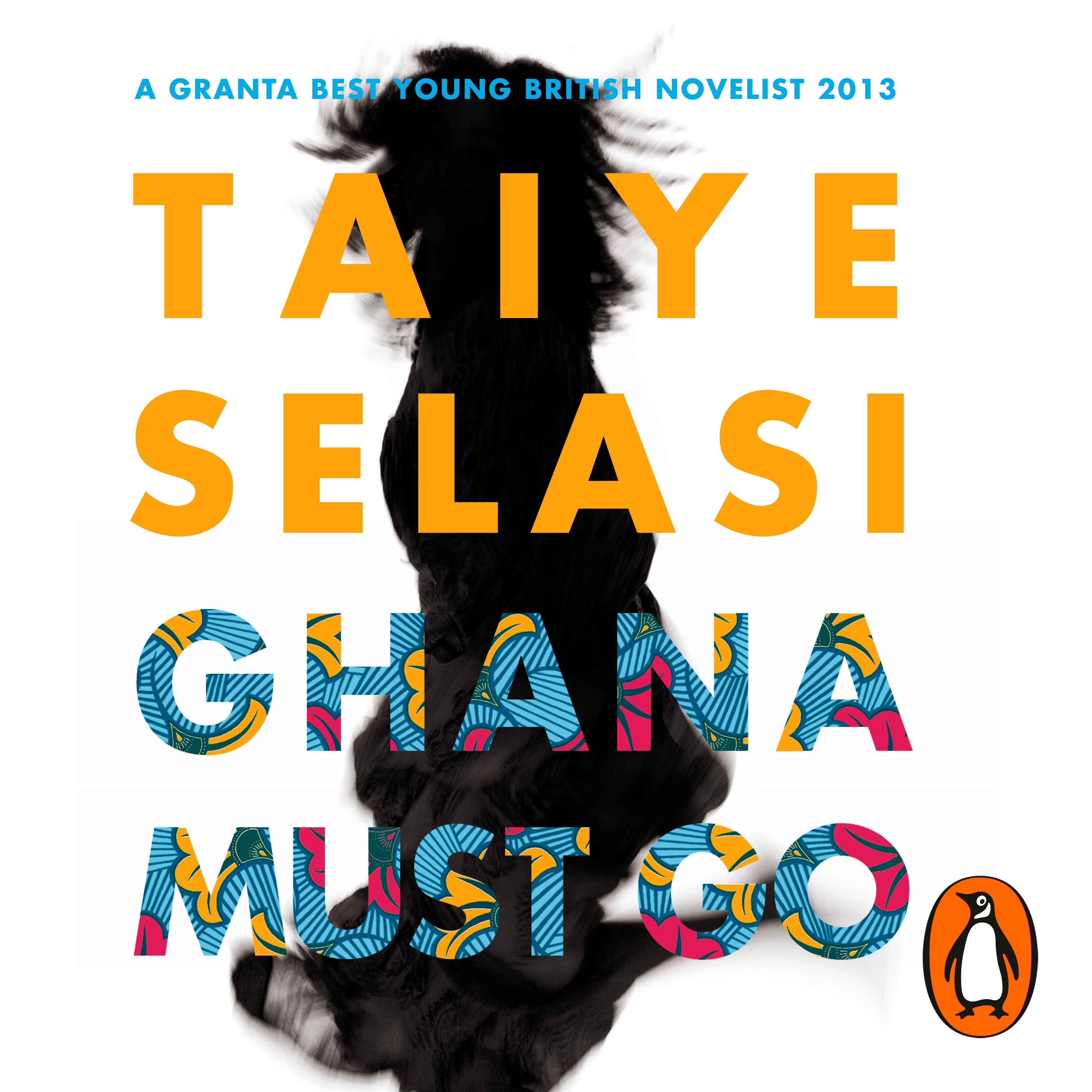

She sensed the change immediately, in the tone people took when they learned that her father had been murdered by soldiers in the way that they’d nod as if, yes, all makes sense, the beginning of the Nigerian civil war, but of course. Would have found herself an orphan in a four-story apartment, having lost both her parents at thirteen years old, but would have been, thus bereaved, a thing she recognized (tragic) instead of what she became: a part of history (generic). Had he died a death germane to this life as she’d known it - in a car crash, for example, in his beloved Deux Chevaux, or from liver cancer, lung, to the end puffing Caos, swilling rum - she could have abided the loss. Her life until that moment had seemed so original, a richly spun tale with a bright cast of characters - she: motherless princess of vertical palace, their four-story apartment on Victoria Island they: passionate, glamorous friends of her father’s, staff he: widowed king of the castle. That the details didn’t matter in the end. This was the problem and would be ever after, the block on which she sometimes feels her whole being stumbled: that he (and so she) became so unspecific. Here, for instance, we see a window into Fola’s perspective, how the death of her father when she was a child influences her understanding of self:

This is more apparent as the novel branches out into new perspectives, those of Fola (Kweku’s wife) and their children - Olu, Taiwo and Kehinde (twins, which has a particular mythic resonance in Nigerian cultures), and Sadie.Īs the members of the family each try to carve out a place to belong, the novel traverses the borderlands of culture, phenotype, socioeconomic class, and racism. The novel draws you in, and the closer you look, the deeper, the more complex, the fissures become. Until he is unwillingly caught up in power and politics in the hospital, and is scapegoated to appease a powerful (white) patron. He is accustomed to being the best at university and in med school (Johns Hopkins), and is understood to be the best surgeon in his Boston hospital. Kweku immigrates to the US for the sake of education and career. Kweku Sai is from Ghana his wife, Fola, is from Nigeria.


Taiye Selasi’s novel Ghana Must Go follows a family that (like all families?) struggles to be one, to stay together despite substantial rifts in the fabric.


 0 kommentar(er)
0 kommentar(er)
